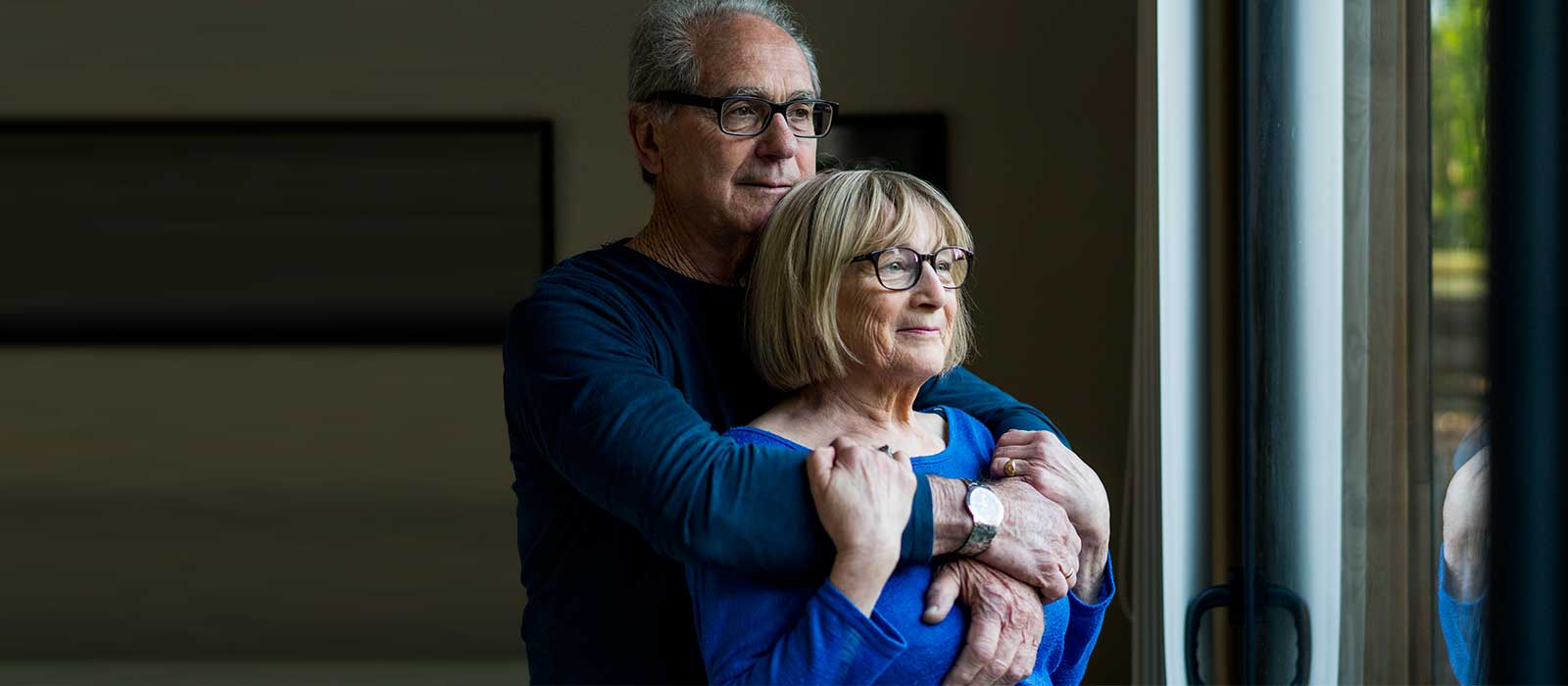A Dedicated Program Serving Women and Men in Northern Virginia at Inova Loudoun Hospital
Did you know that nearly 24 percent of American women are affected by pelvic floor disorders? These disorders affect an individual’s ability to control the bladder, bowels, sexual function and pelvic organ support. Pelvic health disorders affect both women and men of all ages and levels of physical activity.
Because of the embarrassment associated with pelvic floor disorders, many people suffer in silence. Fortunately, Inova Loudoun Hospital has solutions and enhanced treatment options. Our dedicated team of physicians (specializing in gynecology, uro-gynecology, urology and colorectal), nurses and physical therapists will help determine the most successful diagnosis and treatment options for you – so you can return to a full and active life.
What Is Pelvic Floor Dysfunction?
- The muscles of the pelvic floor control the flow of urine and support the bladder, uterus and rectum – organs located within the pelvis.
- For good bladder control, all parts of your system must work together. The pelvic floor must hold up the organs, the sphincter muscles must control the flow of urine and the nerves must activate these muscles to function.
- Bladder and bowel control problems can occur when the muscles in the sphincter become weak.
- Sexual dysfunction including different types of pain, avoidance of sex, and subsequent relationship difficulties.
Common Causes of Pelvic Floor Dysfunction
- Pregnancy
- Childbirth
- Episiotomy (grade 1-4)
- Hysterectomy
- Abdominal surgery
- Hormonal imbalance, such as during menopause or post-menopause
- History of chronic infection
- Chronic cough or constipation
- Obesity
- Muscle weakness
- Stretch weakness (faulty posture)
- Pelvic injuries, including pelvic fractures or dislocations
- Increased abdominal pressure with lifting and jumping
- Improper lifting of infant or inappropriate nursing postures
- Prostatectomy
Symptoms of Pelvic Floor Disorders
- Loss of urine with lifting, laughing, sneezing, running, and/or jumping
- Increased frequency of urination, such as urinating more than eight times a day
- Sudden urgency to urinate, such as when you hear water
- Need to urinate often during the night
- Leaking urine during normal activities of daily living causing a need to wear protective liner/pad in clothing
- Inability to void urine and bowels/constipation
- Lower back pain
- Pelvic pain during sexual intercourse, exercise or other activities
- Diastasis recti, or separation of the abdominal muscles
- Pubic symphysis separation which occur often after childbirth
- Pelvic organ prolapse
- Loss of bowel control
Pelvic Floor Rehabilitation Can Help
Physical Therapy (PT) of the pelvic floor and surrounding muscles can improve pelvic floor and bladder conditions by eliminating or managing incontinence and other pelvic floor disorder symptoms, giving you the confidence to live your life again.
Inova Loudoun Hospital Pelvic Floor Program offers a comprehensive, customized approach to bladder, bowel and sexual dysfunction. We develop a tailored plan for the evaluation and treatment of pelvic floor disorders, offering patients the following components:
- EMG biofeedback
- Pelvic floor exercise prescription, such as Kegel exercises, to strengthen the weakened structures around the bladder
- Neuromuscular electrical stimulation
- Abdominal rehabilitation
- Vaginal trainers (dilators)
- Therapeutic ultrasound
- Rehabilitative ultrasound imaging
- Education, such as bladder training to control sudden urges to urinate
- Tips on behavior modification, such as altering eating habits to relieve bladder and bowel symptoms
- Musculoskeletal assessment of contributing dysfunction
- Manual therapy to assess and treat muscle spasms and biomechanical dysfunctions
